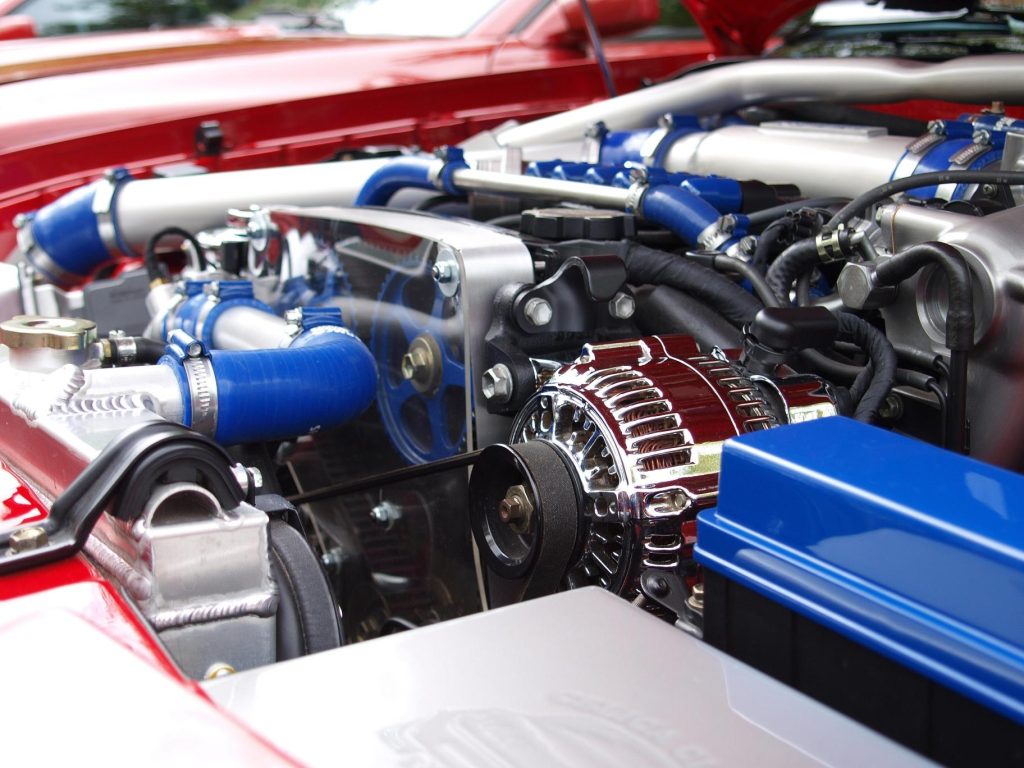
Corrosion, death, and taxes are three unavoidable processes everyone must adhere to. Since any presence of moisture or oxidizing agents on the surface of a metal encourages corrosion, it is very hard to prevent this harmful growth on your metal structures. Thankfully, you can prevent rusting or at least delay it for decades with efficient metal finishing processes. However, there’s not too much time to react to corrosion. Rust or iron oxide spreads very fast. Plus, corrosion kills the structural integrity of your metal materials. Here’s how metal coating processes can help people avoid corrosion on their metal structures.
Applying Protective Coating
The most cost-effective corrosion-prevention option that a metal coating company can offer is a coating application. This layer of coating can be made of liquid, powder, or other materials. For instance, applying protective paint on metal surfaces is a common practice in the manufacturing industry. These layers of paint act as barriers between the metal and external oxidants or pollutants. Since there’s no corrosion-inducing electrochemical charge flow, the coated metals stay durable for a long time. Powder coating is a cheaper process. The most commonly used powder compositions in powder coating processes include – polyester, urethane, and acrylic. After applying the powder composition on the metal, both layers are heated until they fuse.
Applying Sacrificial Coatings
Often, protective liquid or powder coatings aren’t sufficient enough to prevent rusting on certain materials. To make such materials corrosion-proof, experts fuse it with another metal. The other metallic layer has low oxidization potency. For instance, adding steel to zinc products is very common, as the latter is extremely reactive to oxygen exposure. To apply sacrificial coating on your metal strictures, you can opt for one of these two methods – anodic protection or cathodic protection. In addition to these metal-finishing techniques, performing regular maintenance checks on your metal structures is also vital for preventing corrosion.


